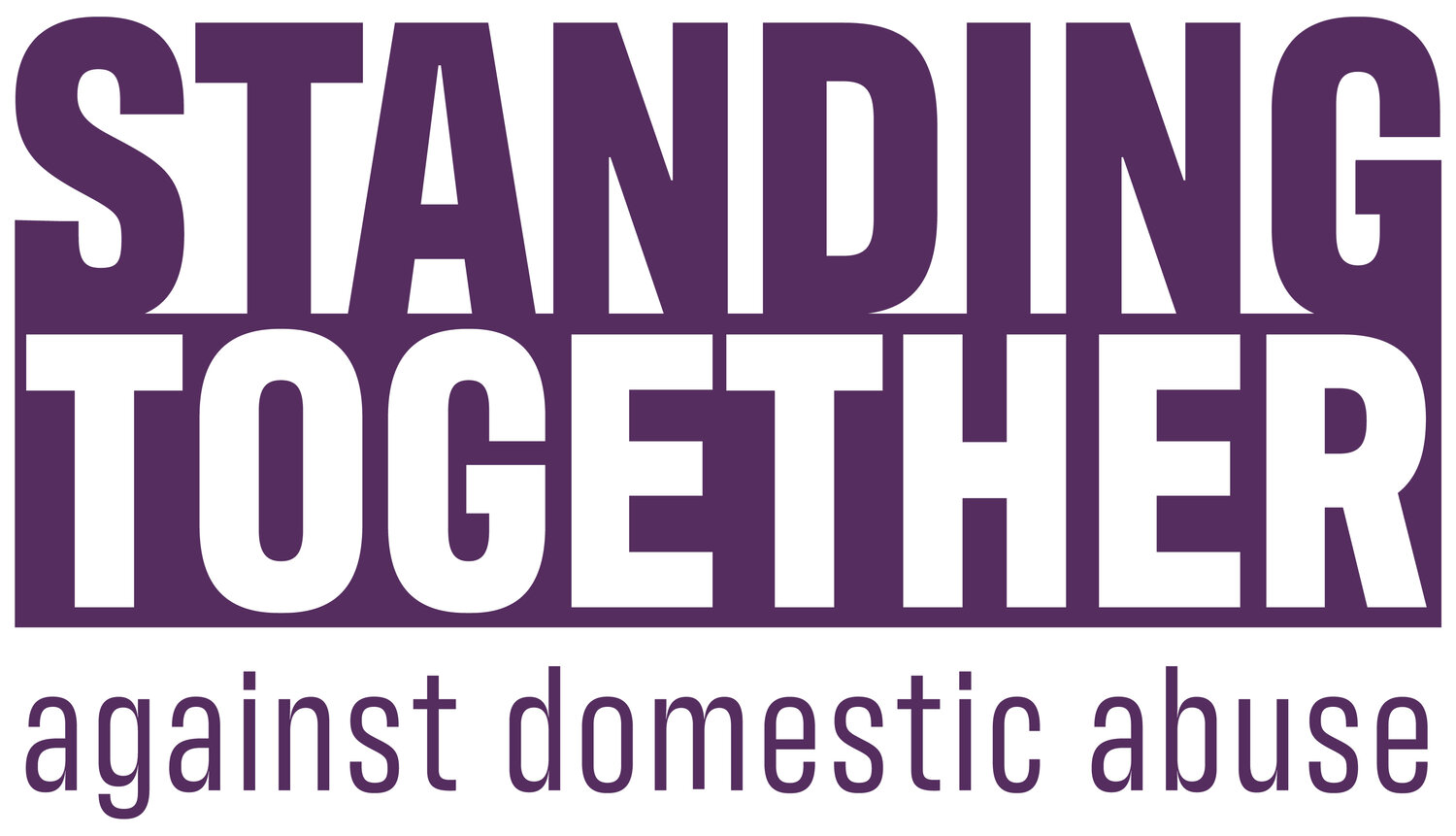Spotting Stalking, Saving Lives: A Whole Health Response to Stalking and Abuse
During National Stalking Awareness Week, Standing Together Against Domestic Abuse (STADA) stands in solidarity with victims and survivors of stalking, calling for urgent, systemic change in how stalking is recognised and responded to—particularly within healthcare and safeguarding systems.
Stalking is a serious form of abuse and gender-based violence. It is traumatic, life-altering, and dangerous, often escalating into physical violence, coercive control, and psychological harm. While it profoundly affects victims’ mental and physical health, stalking remains alarmingly under-recognised within key public services—including health settings. This silence puts lives at risk.
At STADA, our Crossing Pathways programme has shown that health services are uniquely placed to spot abuse early and coordinate protective responses. But without training, safeguarding protocols, and cross-sector collaboration, these opportunities are missed.
This week, we join the National Stalking Consortium and Suzy Lamplugh Trust in urging the government, NHS, and Integrated Care Boards to treat stalking as a public health emergency and a core safeguarding concern.
According to Suzy Lamplugh Trust’s latest report, “Spotting Stalking”:
95% of stalking victims experience mental health impacts such as PTSD, anxiety, or depression.
Yet only 7% of healthcare professionals feel confident identifying stalking.
None of the 41 NHS Integrated Care Boards (ICBs) who responded to Freedom of Information requests could identify commissioned services specifically for stalking victims.
These findings expose a serious gap in health-led safeguarding responses. Victims cannot afford for these systems to remain unaware or unprepared.
Cherryl Henry-Leach, CEO of Standing Together, said:
“Stalking is rarely a stand-alone issue—it’s often part of a wider pattern of abuse, control, and when it occurs during a relationship or post-separation, it is an indicator of risk escalation. Research also indicates it can be a precursor to domestic abuse related death. At STADA, we believe that healthcare services and housing providers alike have a responsibility to respond—not in isolation, but as part of a coordinated, whole-system approach. Anything less, and victims fall through the cracks. We stand with our partners across the sector to demand funding, training, and policy change that truly safeguards lives.”
STADA supports the following urgent calls from the National Stalking Consortium:
For the health sector to safeguard patients and staff by developing clear stalking protocols and commissioning accredited training for all frontline professionals.
For NHS Trusts and ICBs to work with specialist stalking and domestic abuse services to embed co-located advocates and establish clear referral pathways.
For the UK Home Office to include stalking in a dedicated, cross-departmental, multi-agency action plan under the next Tackling VAWG Strategy.
For a Whole Health and Whole Housing Approach that recognises stalking’s intersection with homelessness, mental health, immigration, and multiple disadvantage.
This statement reflects the national theme of ‘Spotting Stalking’ for National Stalking Awareness Week 2025, as coordinated by the National Stalking Consortium and Suzy Lamplugh Trust. We are proud to stand in support of this vital campaign.
At Standing Together, we remain committed to embedding Coordinated Community Responses (CCR) across health, housing, and specialist services—to ensure no survivor is left unseen, unsupported, or unsafe.
Because safety is not optional.
We Stand Together for justice. We Stand Together for change.
Read the full report by Suzy Lamplugh Trust:
Spotting Stalking – 2025 Report (PDF)
If you or someone you support is affected by stalking, specialist services such as the Suzy Lamplugh Trust and Paladin offer expert support. These services are available not only to victims and survivors, but also to professionals who may need expert advice or guidance in supporting them.
